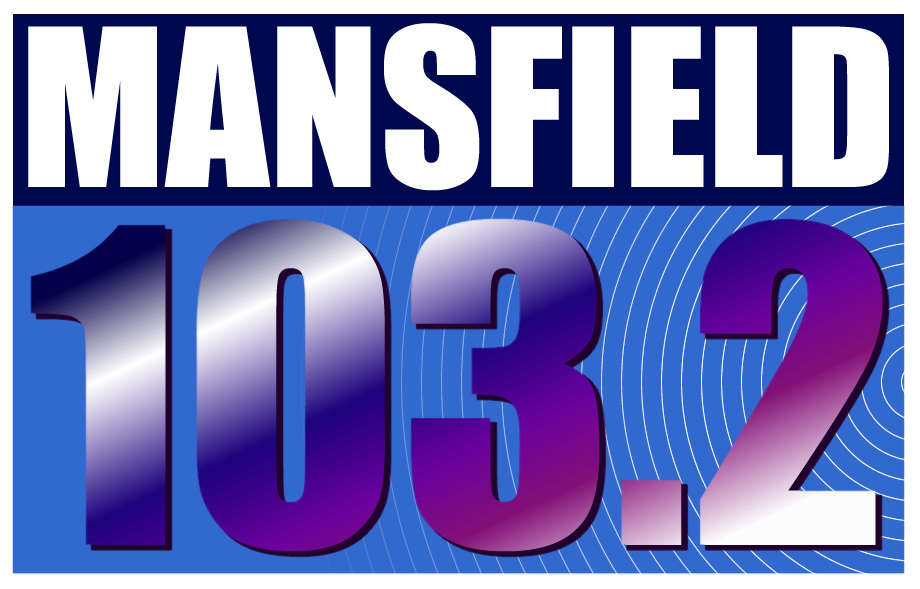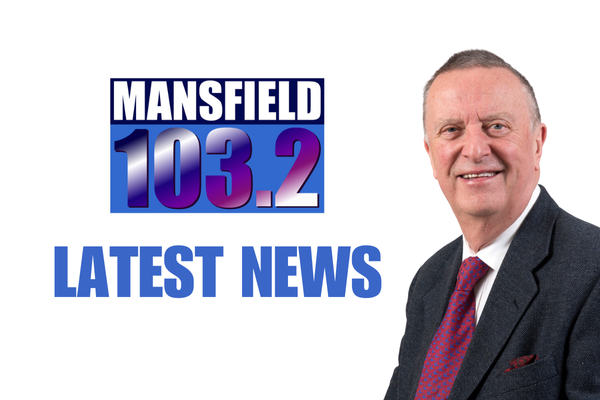The UK economy "continued to slow" and recorded zero growth in July, according to official figures showing a big drag from manufacturers.
The data from the Office for National Statistics (ONS) followed a figure of 0.4% growth the previous month and negative growth of 0.1% in May.
Output of 0.3% was achieved over the April-June quarter as a whole, slowing from the 0.7% recorded over the first three months of 2025.
Money latest: Reaction as economy slows
The latest figures signal concern for the months ahead as the labour market slows and the effects of elevated inflation and the US trade war dampen demand.
Commenting on July's activity, ONS director of economic statistics Liz McKeown said that declines in production offset meagre growth in services and construction.
"Growth in the economy as a whole continued to slow over the last three months", she said.
"While services growth held up, production fell back further.
"Within services, health, computer programming and office support services all performed well, while the falls in production were driven by broad based weakness across manufacturing industries."
The Labour government made growing the economy its priority when taking office last summer but the chancellor admitted this week that it had become "stuck".
The US trade war has proved a drag on activity globally this year but Rachel Reeves has also been accused of applying the brakes herself by plundering the private sector for cash since taking office, harming investment and employment in the process.
Employers reacted to a £40bn budget tax raid by cutting jobs and passing on rising costs to customers.
Inflation is currently running at almost double the Bank of England's 2% target, harming the prospects for future interest rate cuts.
Bank data out last week suggested employers were cutting jobs at the fastest pace since 2021.
Attention is turning swiftly to the next budget, due on 26 November, and nerves over what measures are to come are hampering sentiment.
Ms Reeves is under pressure to raise more taxes to fill a black hole in the public finances estimated to be between £30-£40bn.
The chancellor has again ruled out raising income tax, employee national insurance contributions and VAT, which, she has always stated, would cause direct harm to "working people".
Possible targets include the wealthy. Banks also fear a raid on their profits.
But the chief executive of the CBI business lobby group told The Guardian newspaper earlier this week that Ms Reeves should now break her promise not to target workers.
Rain Newton-Smith argued that new tax rises on businesses would amount to a further choke on growth and employment, harming working people indirectly in the process.
The CBI wants to see reforms to business rates and cuts to VAT thresholds, among other things, as the private sector shoulders its larger tax burden.
"The world is different from when Labour drafted its manifesto, and when the facts change so should the solutions," Ms Newton-Smith added.
The chancellor has responded with plans to ease some barriers to business as part of efforts to improve growth.
The Treasury is considering an overhaul of small business rates relief rules to end a so-called "cliff edge" penalty facing firms opening a second premises.
The British Retail Consortium warned separately on Friday that 400 of the country's largest stores could close if such premises fall into a proposed higher business rates band.
It argued that they were already under significant pressure from soaring employment and tax costs, which had accounted for the closure of 1,000 such spaces over the past five years.
Commenting on the ONS data, a spokesperson for the Treasury said: "We know there's more to do to boost growth, because, whilst our economy isn't broken, it does feel stuck.
"That's the result of years of underinvestment, which we're determined to reverse through our Plan for Change.
"We're making progress: growth this year was the fastest in the G7; since the election, interest rates have been cut five times, and real wages have risen faster than they did under the last government.
"There's more to do to build an economy that works for, and rewards, working people. That's why we are cutting unnecessary red tape, transforming the planning system to get Britain building, and investing billions of pounds into affordable homes, Sizewell C, and local transport across the country."
Shadow chancellor Mel Stride responded: "While the government lurch from one scandal to another, borrowing costs recently hit a 27-year high - a damning vote of no confidence in Labour that makes painful tax rises all but certain.
"It is little wonder that Starmer has stripped Reeves of control over the budget. But sidelining her is not enough - he must also reject her failed economic approach that has left Britain poorer."

(c) Sky News 2025: Zero growth in July as economy 'continued to slow', official figures show



 Giorgio Armani's will sets path for sale of fashion empire
Giorgio Armani's will sets path for sale of fashion empire
 Supermarket spreadable matches Lurpak in taste test | Sign up to Money newsletter
Supermarket spreadable matches Lurpak in taste test | Sign up to Money newsletter
 Jaguar Land Rover shutdown extended after cyber attack
Jaguar Land Rover shutdown extended after cyber attack
 The Diamond Store seeks sparkle with hunt for new investors
The Diamond Store seeks sparkle with hunt for new investors




